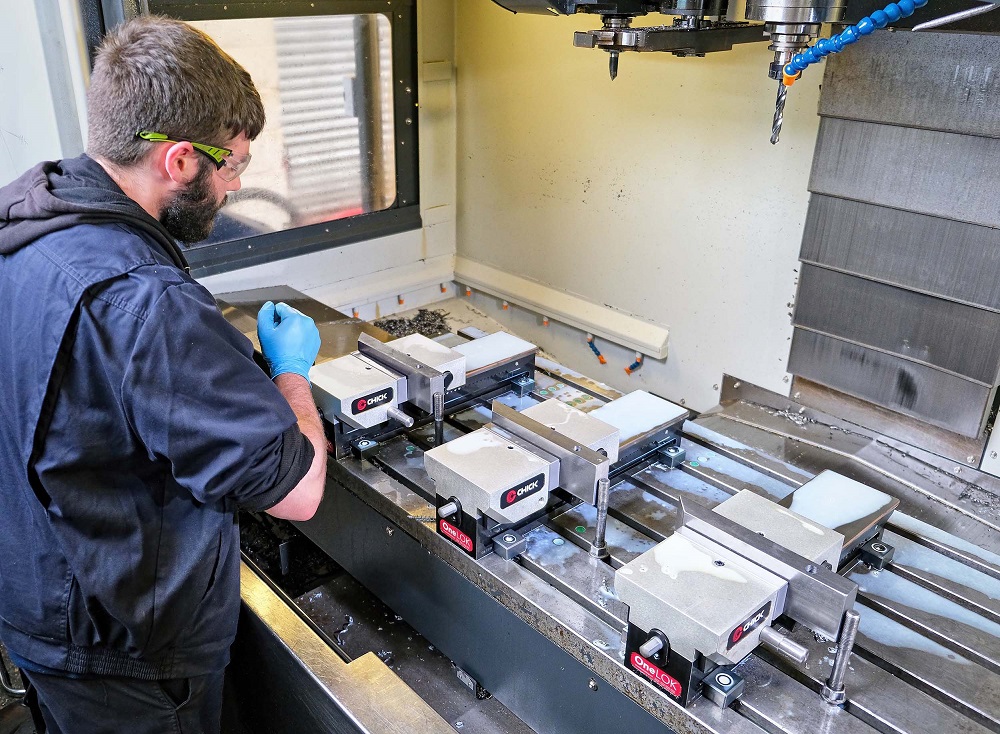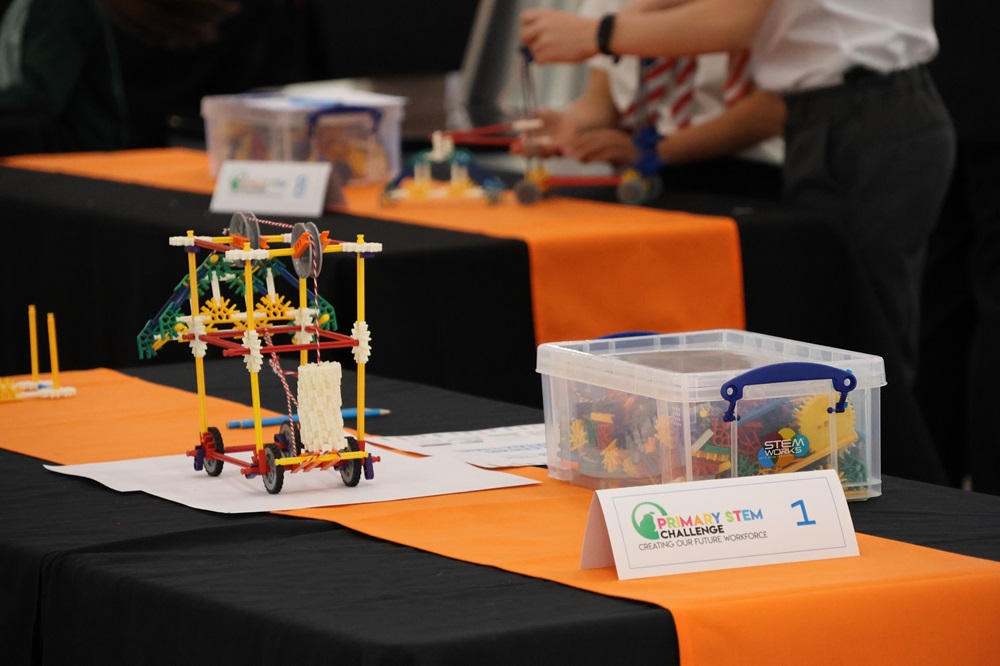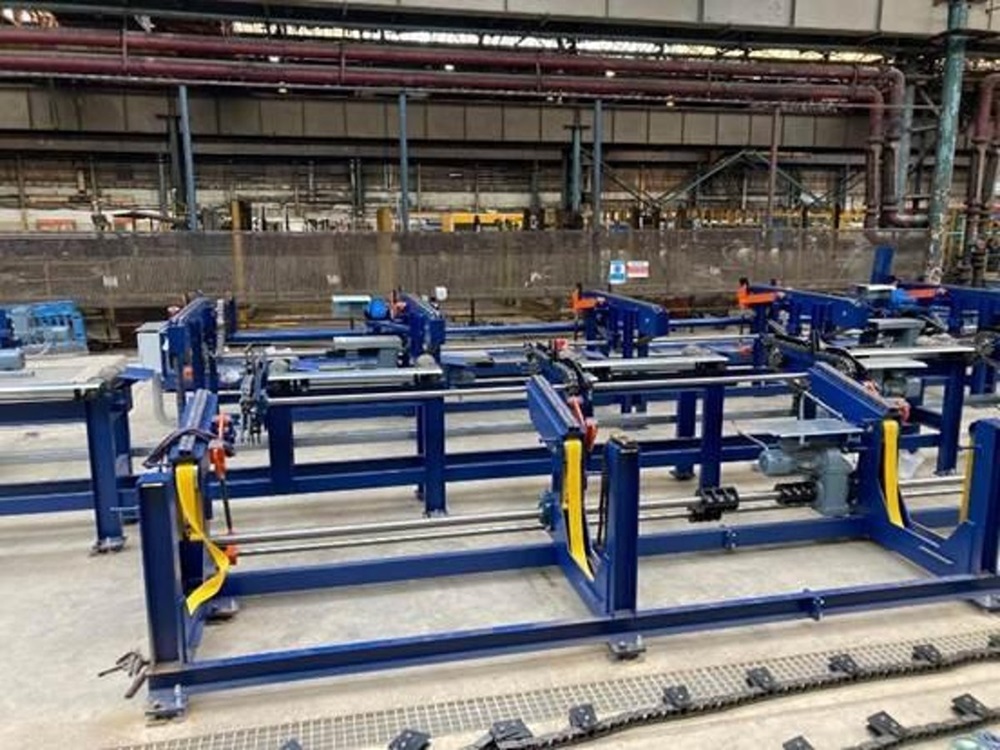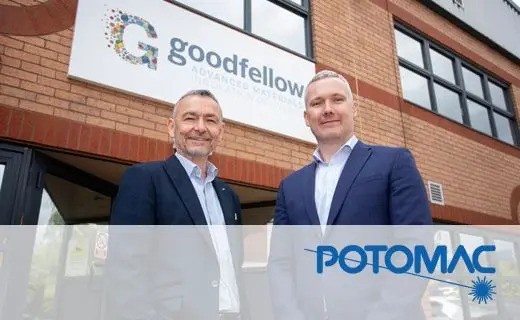The MACH 2024 exhibition at the Birmingham NEC earlier this year marked the introduction by Zoller UK (part of the Carfulan Group) of its PowerShrink 400 heat-shrink solution. The PowerShrink 400 provides high-level rotational accuracy, long tool life and lower tooling costs. Zoller UK says that its fast operation, flexible design and process reliability creates an efficient heat-shrinking solution that can prepare tools for production in under a minute.
“It was another incredibly exciting year for us at MACH,” says Rob Thompson, Carfulan Group sales director. “We were able to demonstrate why we continue to be an industry leader, highlighting a range of our advanced tool presetting and inspection technologies from Zoller UK.”
Alongside the launch of the PowerShrink 400, the Zoller UK stand also featured a range of tool presetting and inspection technologies that included the Genius universal measurement machine, the TMS Organiser and Keeper 2000 that provides the optimal storage solution for tooling and accessories, machines from the Smile range, a system for high-level accurate and repeatable tool measurements, as well as the tool data transfer solution: zidCode.
Carfulan Group managing directorChris Fulton, says:“We generated an overwhelming amount of interest at the show, which is a testament to our leading technologies, as well as the expert service and support that helps our customers to unlock potential across any manufacturing process.From the long-standing staples in Zoller UK’s range to the brand-new systems on show, everyone who visited our stand was amazed at the technology and we’re continuing to move those conversations forward.”
More information www.zoller-uk.com



















